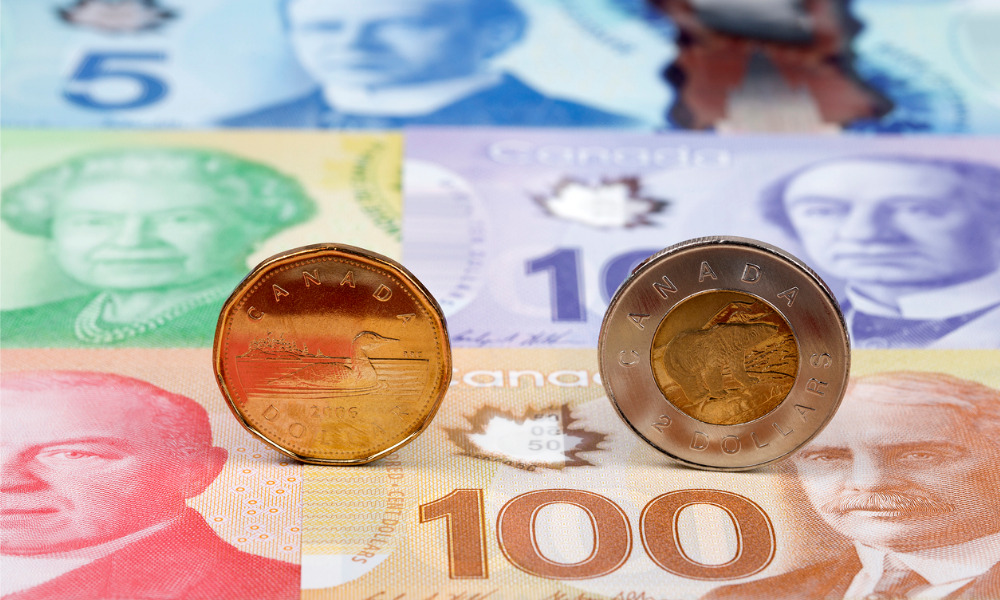CAD expected to gain momentum in the coming year as high commodity prices boost the country's economic prospects

A poll done by Reuters predicts that the Canadian dollar will gain momentum in the coming year as high commodity prices boost the country's economic outlook and the Bank of Canada continues to raise interest rates aggressively.
In 2022, the loonie is the only G10 currency to keep pace with the US dollar, a safe-haven magnet.
The consensus expectation in the poll of economists was for Canada's currency to rise 0.4% to 1.26 per US dollar within three months, or 79.37 cents, compared to 1.2568 last month. It was predicted to reach 1.23 within a year.
Shaun Osborne, chief currency strategist at Scotiabank, told Reuters: "I think there (are) pretty solid reasons to be constructive on the CAD in the medium term. The Bank (of Canada) is taking a very proactive approach to policy making... Monetary policy is potentially going to move a little bit more quickly and maybe a bit more aggressively than the Fed (U.S. Federal Reserve) in the next six months.”
The BoC hinted at a faster pace of tightening during its Wednesday decision, saying it was prepared to move "more forcefully" if necessary to keep inflation in check. That was even as it went through with a historic second consecutive half-percentage-point rate hike, raising the benchmark rate to 1.50%
The policy rate is expected to hit 3% by December, according to the money markets.
Given Canadians’ significant borrowing during the pandemic to participate in a hot property market, some analysts believe Canada's economy may be particularly vulnerable to increasing interest rates.
According to a Reuters poll of property experts, the housing boom will come to an end next year.
Nonetheless, solid domestic demand helped Canada's gross domestic product grow at an annualized rate of 3.1% in the first quarter. This is better than a contraction in the United States.
"The (Canadian) economy itself is doing very well," Osborne said. "I think from a commodity, terms of trade, point of view, there is a good news story there to tell for Canada."
Oil, one of Canada's main exports, has increased by more than 50% since the beginning of the year due to supply disruptions caused by Western sanctions against Russia.



